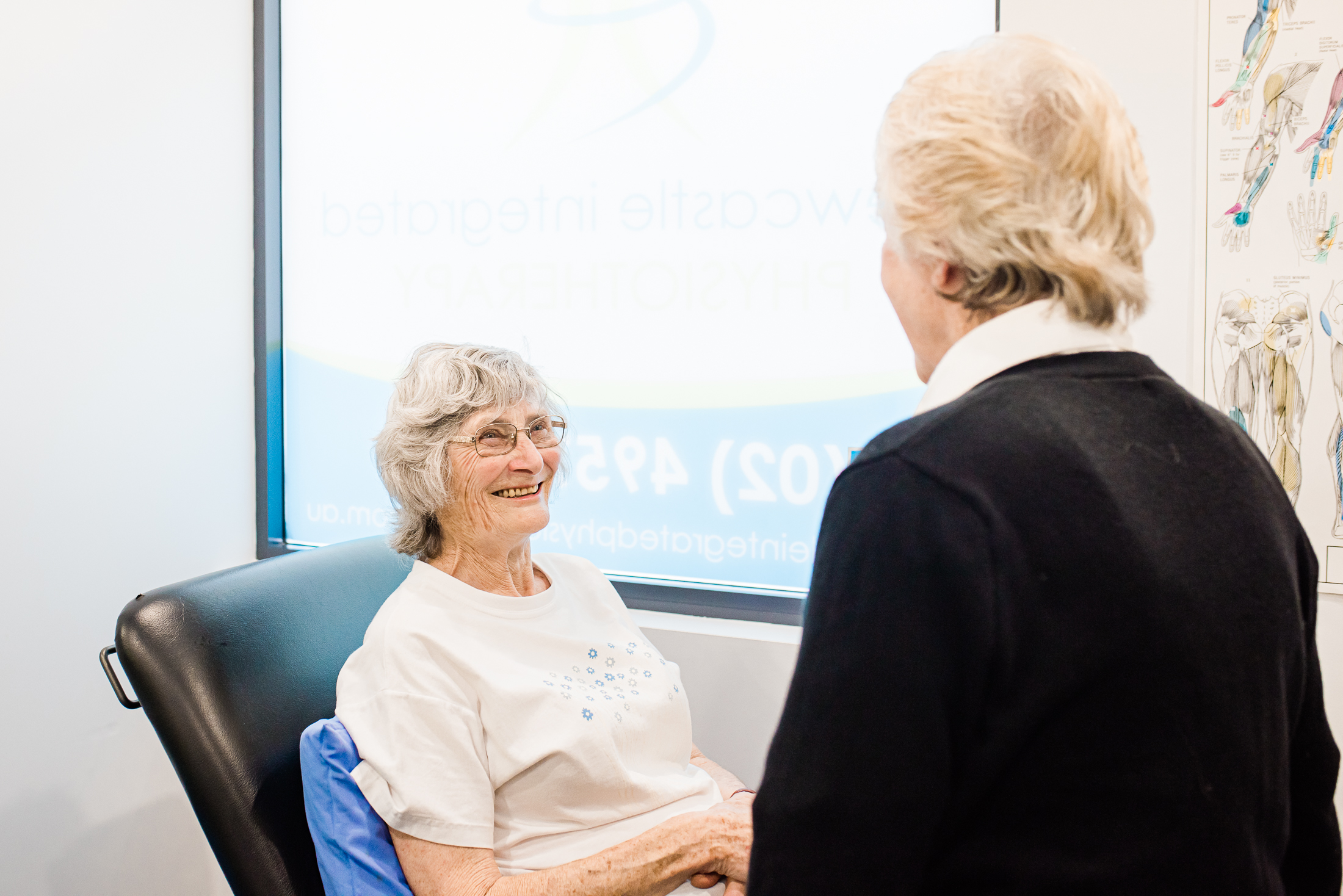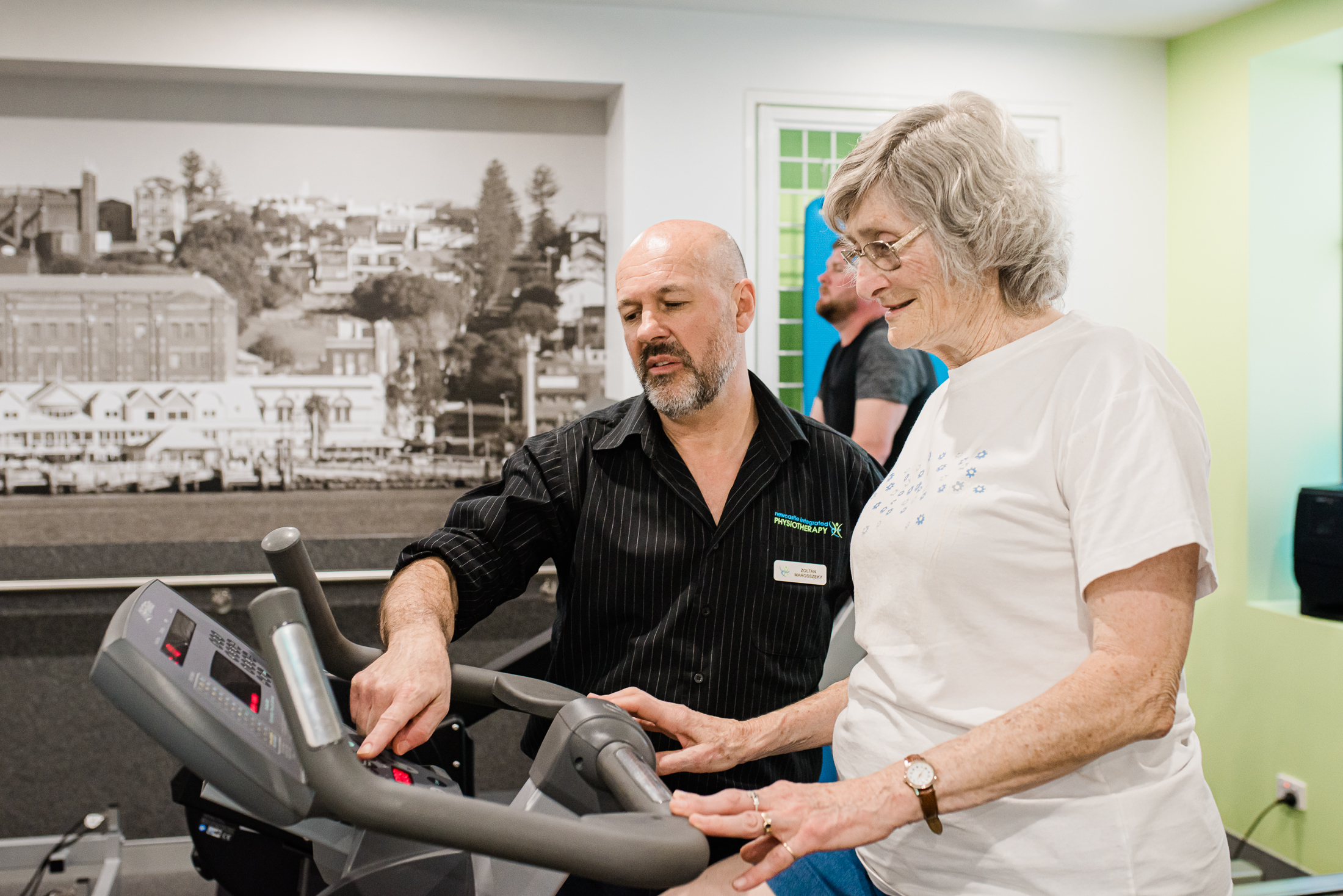How Exercise Physiology can help manage Type 2 diabetes
What is Type 2 diabetes?
Type 2 diabetes is a chronic condition, characterised by elevated fasting blood glucose levels due to the body’s reduced ability to produce enough, or respond to, the hormone insulin. If left untreated, type 2 diabetes can cause regular hypoglycaemic attacks, potentially leading to nerve damage, blindness and amputation.
Type 2 diabetes is treated with oral medication and sometimes insulin injection therapy. However, lifestyle factors such as exercise and diet play a huge role in everyday management.
How can physical activity help?
Regular physical activity has been scientifically shown to improve the way the body responds to insulin, which, in turn, helps regulate blood glucose levels. It also increases glucose uptake by the muscles and can reduce the amount of insulin required to manage glucose levels in the blood.
Physical activity can also assist in the management of other common conditions associated with type 2 diabetes, such as cardiovascular disease, obesity, high blood pressure and high cholesterol.
So, what exercise should I be doing?
If you suffer from type 2 diabetes, it is recommended by the American College of Sports Medicine that you participate in regular cardiovascular, strength and flexibility exercise.
Cardiovascular exercise should be performed for 30 minutes (which can be broken into 10 minute blocks), at a moderate intensity, on at least 5 days/week. E.g. walking, bike riding or swimming.
Strength training should incorporate the major muscle groups and be performed on 2-3 days per week, with a day off in between training days.
Stretching should be performed every day, but especially after performing any physical activity, to ensure muscle and joint health.
It is important to firstly get the all clear from your GP to commence a physical activity program. Then, talk to an Exercise Physiologist who will design a program with you specific to your diabetes.
Your Exercise Physiologist will discuss with you any other condition or injuries you may be experiencing, and educate you on how to be safe during your physical activity program. For example, checking your blood glucose levels before, during and after exercise to ensure you are not at risk of hyper/hypoglycaemia, ensuring you have appropriate footwear to reduce risk of ulcers and neuropathies, and that you are carrying carbohydrates with you.
Your Exercise Physiologist will also advise on the appropriate times of day to be active and ensure that your program starts at a manageable level, so that’s it is enjoyable and becomes a sustainable part of your every-day life. Your Exercise Physiologist will work with you, setting you up to achieve your longer-term goals.


